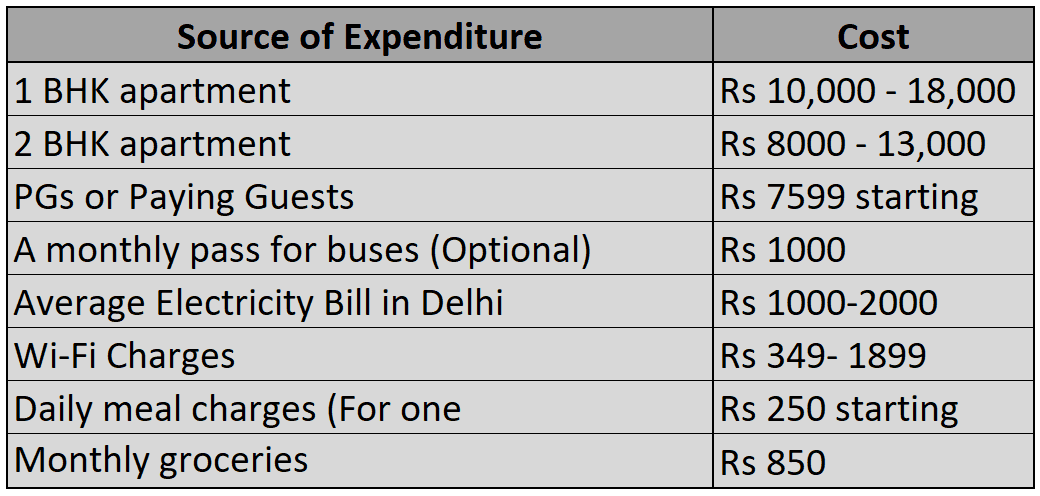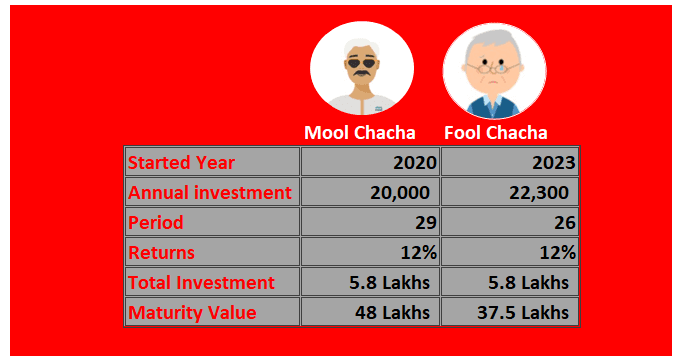Jan 15, 2024
Starting the college life
Starting college is an exciting time, but it's crucial to set both short and long-term financial goals. Budget wisely using the 70/20/10 rule, and explore diverse income sources like scholarships and side hustles.

While it's wonderful to start college, it's important to develop sound financial habits as soon as possible. You can create the conditions for a financially successful college experience and beyond by managing your money wisely and proactively. Here are some of the tips that will help you achieve financial stability from your young age.
When we start college, we all have aspirations and goals, such as going to conferences, buying a laptop, or studying abroad after graduation. The majority of us fail to do this because we lack a strategy for achieving our goals. Try to establish both short- and long-term financial goals. Setting and achieving specific goals can help you make sound financial decisions, whether you're saving for a vacation, paying off school loans, or accumulating investments.
A budget is telling your money where to go instead of wondering where it went.
Setting goals is one of the best ways to increase the motivation to stick to a budget. You can consider a budgetary target you wish to meet as well as the deadline for doing so. Making a budget that outlines your sources of income, expenses, and savings should be on your priority list. Saving money while you work toward your degree may seem like a difficult endeavor, but consider this: what if you were only ever credited with 90% of your income, with the remaining 10% being withheld for taxes or other expenses? Then, how are you going to handle your spending? Start small and stick to the 70/20/10 rule when creating your budget: set aside 70% of your income for living expenses, 20% for debt repayment, and 10% for savings.

Here’s a review of how the cost of living in Delhi looks like. You can save on many of these expenses by choosing to stay with your family. However, your cost of traveling may increase depending upon the distance between your home and campus. You can also claim a House Rent Allowance (HRA) deduction even if you are paying rent to your parents.
Revenue-generating resources
Your income will include stipends, internships, grants, and scholarships. Remember, you can always create a side hustle from your college days. You can start a youtube channel, become a blogger, work part-time during the college year or on vacation break. Make sure you are getting compensated for internships and don’t hesitate to negotiate respectfully with your employer. Be aware of all kinds of scholarships like merit based, athletic, and extracurricular etc. not only within the college but also about the outside scholarships. Many resources are available to learn about the scholarships available in India, including Buddy4Study, Scholarshipforme, and the National Scholarships Portal and so on.
Make prudent spending decisions
Your expenses will include the cost of housing, food, books, transportation, and personal expenses. There might be a situation where you need to obtain a student loan to pursue your graduation. You should focus on minimizing student loan debt by exploring scholarships and grants. The interest on student loans varies from 8% to 13.5% and your responsibility is to look for a bank which can offer you a loan at the cheapest rates. Be aware that there's no cap on the amount of exemption for interest paid on education loans under section 80E. Most banks have a moratorium period for education loans during which you are not obliged to pay the loan EMIs. Utilize this waiting period to manage your finances effectively.
Health insurance is a necessity
Student health insurance provides a safety net that offers coverage for medical expenses, hospitalization, diagnostic tests, and other related costs. By investing in student health insurance, you can focus on your studies with peace of mind, knowing that you are protected in case of unforeseen health issues. The majority of you will graduate from college before turning 25, so there's a good chance your parents' family floater will cover you. Just make sure you understand the terms of the policy and how to apply for medical assistance.
Some of you might decide to pursue your dreams and acquire the best education from an international university. Here, the important concern is your safety when you travel outside the country. This may be overcome by purchasing overseas travel insurance. This type of policy ensures your studies are not interrupted because of medical and non-medical emergencies.
Keep your vices in check
You all might have heard about Bitcoin and there are high chances that being a Gen Z, you'll be attracted to cryptocurrency investing. Avoid these investments or at least put a cap on the maximum amount that you are willing to invest. A quick piece of advice is to assume that these investments could turn to zero on the very next day. Then take a call about how much you can afford to lose.
These days, betting apps like Dream11 and MyCircle11 are becoming very popular. The majority of you will have a high risk tolerance and a desire to get wealthy quickly when you're younger. There's no quick way to get wealthy, and no one wants to lose all of their pocket money at once.
Talking about quick cash, you may often be attracted towards day trading which comes with a lot of risk and possibility of huge losses. It is strongly advised that instead of wasting your money in these betting apps and taking huge risks in day trading, you should start small with SIPs in mutual funds to take advantage of the power of compounding and help you build discipline from an early age. As a beginner, you can always start with investing in Index funds like Nifty 50 ETF

Notice how our Mool Chacha has emerged as a winner here just by starting 3 years earlier than Fool Chacha. Mool Chacha's investment has fetched 48 lakhs, compared to Fool Chacha's investment value of 37.5 lakhs, even after investing equal amounts.
“Compound interest is the eighth wonder of the world. He who understands it, earns it … he who doesn't … pays it.” ― Albert Einstein.

Key takeaways which will make you stand ahead of the crowd.
Seek out jobs on campus that can accommodate your academic schedule and provide flexibility. It can be done by establishing a network with your professors, classmates, and experts who visit your campus for webinars and guest lectures. Be careful that you aren’t taking on too much work at a job that might hamper your studies.
Savings play an important role when it comes to minimizing the expenses. You can always save by examining your options for inexpensive textbooks, including renting, purchasing used, and using e-books. Make use of the online resources and library at your college. Student discounts are provided by numerous companies on a range of goods and services. Use these to reduce the cost of regular expenses. Look into possibilities for affordable housing such as PG and shared apartments. Although living in campus hostels has benefits, it's not always the most affordable choice. Consider the amenities that each option offers, such as WIFI, laundry, and meals. How much will the transportation cost and how long will it take you to commute? Make a sound decision after considering all of these factors.
Remember- Always keep track of your expense on budgeting apps like Mool